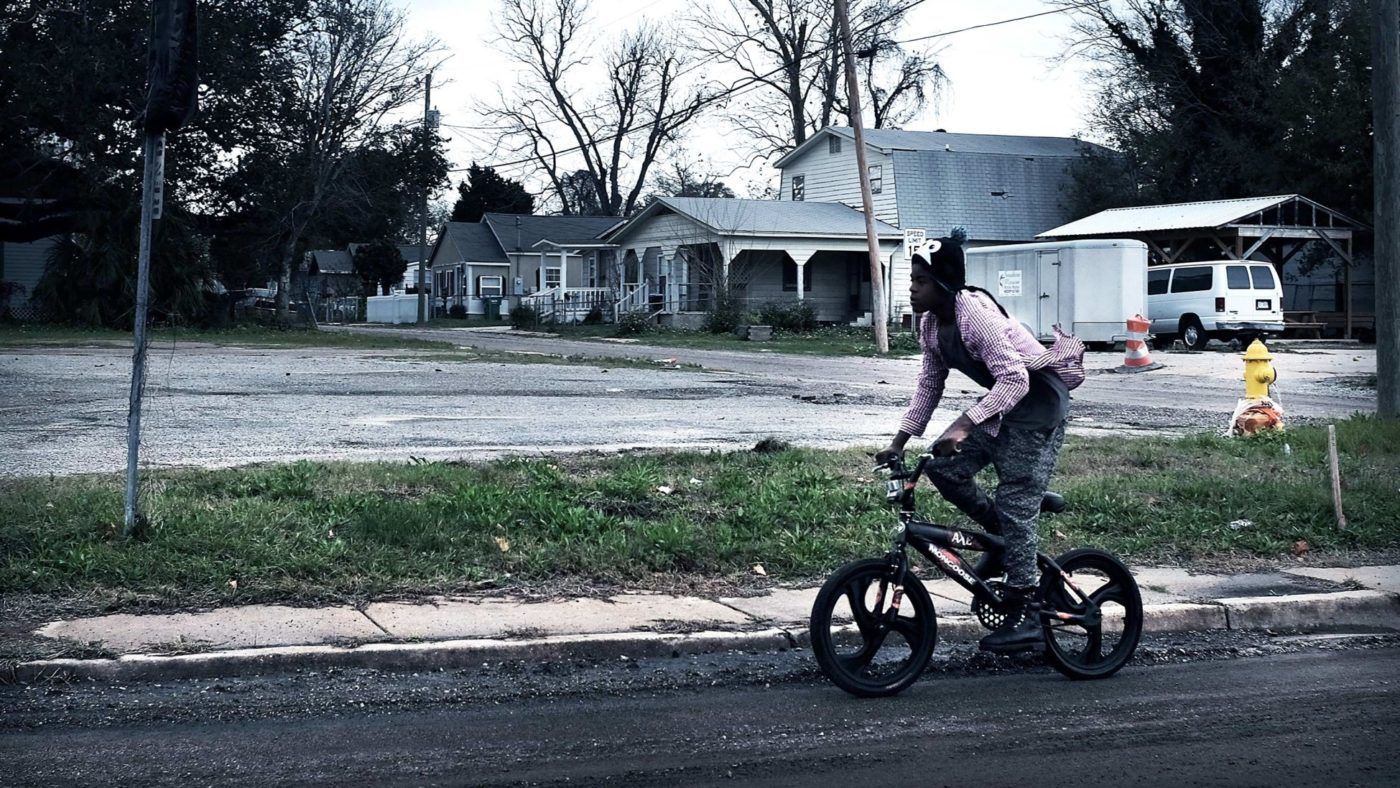The Daily Mail has decided to treats us to some poverty porn from the US. We get to observe how they live out on the Mississippi Delta and think how lucky we are to have our suburban Britishness. The poverty rate there is 40 per cent! They can barely make ends meet with two jobs!
There are several problems with this, the most important of which is that there is no poverty in America. There is most certainly inequality, but not a whit or a scrap of poverty. Nor is it true that those at the bottom of that inequality heap live notably worse lives than those at the bottom of our own more caring and sharing societies.
The main example given by the Mail is Otibehia Allen, a single mother of five. Yes, we would expect there to be the occasional economic problem with that familial set up. We’re told she works two jobs but note that total hours per week are around 30 at some tiny scrap above minimum wage. Yes, things are going to be tight but this is not, I insist, poverty.
As a rough finger count her income from employment will be $12,000 a year. That’s certainly below the US poverty line for that household. But let’s compare that income with global ones (and yes, we’re adjusting for different prices in different places, PPP). That puts her in the top 15 per cent of all global incomes as an individual.
Our next problem is how the Americans measure poverty. We do it by going and looking at people after all of the things we do to alleviate poverty, after tax credits, child benefit, housing costs and so on. Much of American poverty alleviation is either through the tax system (Earned Income Tax Credits, or EITCs, were the brainchild of Milton Friedman, and were where Gordon Brown got the idea from).
Goods and services like Medicaid and food stamps are also used to fight poverty. The American calculation of poverty does not include these things; it is a measure of who would be in poverty without aid than who is after it. And therefore, their recorded poverty rates are always going to be higher than our own.
When we correct for this – and being accurate is difficult here – Ms. Allen’s familial income will roughly double, to perhaps $24,000 a year. No, I wouldn’t and you wouldn’t want to raise 5 kids on that. But it is also in the top 3 per cent of all global individual incomes. This is not poverty. Even if we split that among household members, $4,000 each, that’s in the top 27 per cent. And to repeat, yes, we’re correcting for the fact that lentils are 2 cents a tonne in India, $1 a pound in Walmart.
We simply cannot describe someone who is, however we slice and dice it, in the upper part of the income distribution as being in poverty.
It’s also not true that the Americans at the bottom of the heap do notably worse than our own. Once we factor in what the American welfare state provides, the bottom 10 per cent have real incomes that are about the same as those of the bottom 10 per cent in Sweden or Finland, a per cent or two different from what they are in the UK. The bottom 5 per cent does do worse there than here, but not by much.
The US system is rather good at one specific thing: getting children above the poverty line. The much bandied about 20 per cent or higher child poverty rate is, again, the figure for before measures are taken to reduce it. If we measure after action is taken then it falls to perhaps 2 per cent or so, which is pretty good for government work.
The truth here is that in the rich world we just do not have poverty as it is globally or historically understood and we haven’t for over half a century. Certainly, addiction or mental health issues can lead to a falling through the cracks but absent either or both of those there just isn’t anyone at all living on what would be considered an entirely normal lifestyle back in 1900.
Perhaps we should worry more about inequality; you certainly can if you want to. But I consider it vital that we understand that we have indeed beaten that scourge, poverty – there simply are no poor people in rich world countries any more.
As Barbara Castle said of the UK back in the 1959, “the poverty and unemployment which we came into existence to fight have been largely conquered.” Which is possibly the only time you’ll spot the two of us in agreement.


